Solar Panels & Battery Storage for Homes: Empowering Sustainable Living
As the demand for sustainable energy solutions grows, solar panels paired with battery storage systems are becoming increasingly popular for residential use. This combination not only provides clean, renewable energy but also enhances energy independence and security for homeowners. This article explores the benefits, components, challenges, and practical applications of solar panels & battery storage systems for homes.
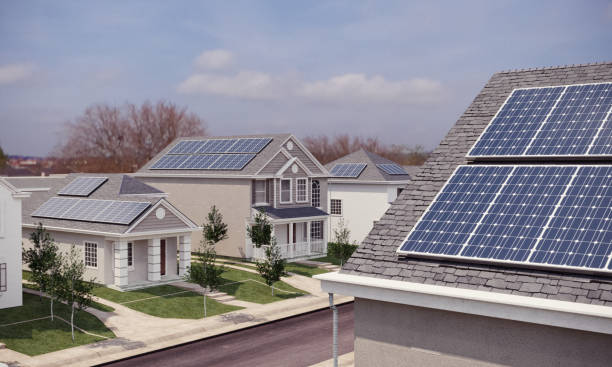
Benefits of Solar Panels and Battery Storage
Renewable Energy Source
Solar panels harness the sun’s energy to generate electricity, providing a renewable and inexhaustible energy source. This reduces reliance on fossil fuels and lowers greenhouse gas emissions, contributing to environmental sustainability.
2.Energy Independence
By generating their own electricity, homeowners can reduce or eliminate their dependence on the grid. This is particularly beneficial in areas with unreliable power supplies or frequent outages.
3.Cost Savings
While the initial investment in solar panels & battery storage can be significant, the long-term savings on electricity bills can be substantial. Many regions also offer incentives, rebates, and tax credits that can offset installation costs.
4.Increased Property Value
Homes equipped with solar panels & battery storage systems are often more attractive to buyers, potentially increasing property value. Energy-efficient homes with lower operating costs can command higher prices in the real estate market.
5.Backup Power
Battery storage systems provide a reliable backup power source during outages, ensuring that essential appliances and systems continue to operate. This is particularly important for homeowners in areas prone to natural disasters or grid instability.
Components of a Solar Panel and Battery Storage System
Solar Panels
Solar panels, or photovoltaic (PV) modules, convert sunlight into electricity. They are typically installed on rooftops or other sunny areas and come in various types, including monocrystalline, polycrystalline, and thin-film panels.
2.Inverter
The inverter converts the direct current (DC) electricity generated by the solar panels into alternating current (AC) electricity, which is used by most home appliances. Hybrid inverters can manage both solar generation and battery storage.
3.Battery Storage
Battery storage systems store excess electricity generated by the solar panels for later use. Lithium-ion batteries are commonly used due to their high energy density, efficiency, and long lifespan. They enable homeowners to use solar power even when the sun isn’t shining.
4.Charge Controller
The charge controller regulates the flow of electricity between the solar panels, batteries, and inverter. It ensures that the batteries are charged efficiently and protected from overcharging.
5.Monitoring System
A monitoring system tracks the performance of the solar panels &battery storage, providing real-time data on energy production and consumption. This helps homeowners optimize their energy usage and identify any issues with the system.

Challenges of Solar Panels & Battery Storage
Initial Cost
The upfront cost of purchasing and installing solar panels and battery storage systems can be high. However, the long-term savings on energy bills and available incentives can make this investment worthwhile.
2.Space Requirements
Solar panels require sufficient space for installation, typically on rooftops. Homes with limited roof space or shading issues may face challenges in generating adequate solar power.
3.Energy Storage Capacity
The capacity of battery storage systems can limit the amount of energy that can be stored and used. Larger capacity batteries are more expensive, and homeowners need to balance cost with their energy needs.
4.Maintenance
While solar panels require minimal maintenance, battery storage systems need regular monitoring and occasional maintenance to ensure optimal performance and longevity.
5.Regulatory and Permitting Hurdles
Installing solar panels & battery storage may require navigating local regulations, permits, and utility policies. This can be time-consuming and may involve additional costs.
Practical Applications and Success Stories
Tesla Powerwall
Tesla’s Powerwall is a widely recognized home battery storage system that pairs seamlessly with solar panels. It provides reliable backup power, reduces electricity bills, and enables homeowners to maximize their use of solar energy. Many homes across the globe have successfully integrated Powerwalls, achieving significant energy savings and increased resilience.
2.Sonnen Eco
Sonnen’s Eco battery storage system offers a modular design that allows homeowners to customize their energy storage capacity. It integrates with solar panels and provides real-time energy management, ensuring efficient use of solar power. Numerous homeowners have benefited from Sonnen’s systems, particularly in regions with high electricity costs.
3.LG Chem RESU
LG Chem’s RESU battery storage systems are known for their high efficiency and compact design. They are compatible with various solar panel setups and inverters, providing a flexible solution for home energy storage. LG Chem RESU systems have been successfully implemented in many residential projects, helping homeowners achieve greater energy independence.
Conclusion
Solar panels & battery storage systems are transforming the way homeowners generate and use electricity, offering a sustainable, cost-effective, and reliable energy solution. While there are challenges to overcome, the long-term benefits of reduced energy costs, increased property value, and enhanced energy security make these systems a worthwhile investment. As technology continues to advance, the adoption of solar panels and battery storage in homes will likely increase, contributing to a more sustainable and resilient energy future.
Contact us
- Email:[email protected]
- Tel: +86 13651638099
- Address: 333 Fengcun Road, Fengxian District, Shanghai
Get A Quote Now!

Read more
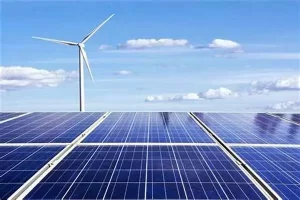
Unveiling Photovoltaic+Energy Storage: Four Major Application Scenarios Leading the Future of Energy
In this way, the energy landscape is evolving, and one of the most thrilling developments in renewables is the integration of photovoltaics energy storage.
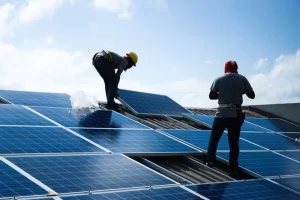
From Theory to Practice: Four Methods for Estimating Photovoltaic Power Generation
Photovoltaic power generation has become an essential part of modern energy solutions, particularly in home solar systems and distributed power applications
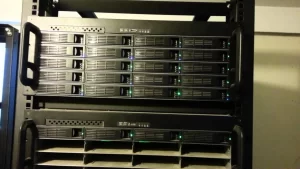
Rack-Mounted Lithium Iron Batteries: Creating Efficient and Reliable Energy Storage Solutions
When it comes to modern energy solutions, rack-mounted lithium iron batteries are taking center stage in a variety of industries. Whether you’re powering data centers, stabilizing energy for households, or keeping critical systems online at 5G base stations, these batteries have become the unsung heroes of our electrified world.
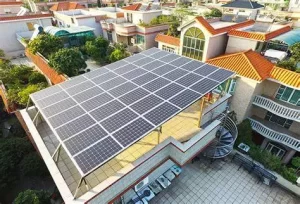
Late Night Energy Saving Tips: How to Maximize Electricity Savings During Off-Peak Hours
With rising energy costs, homeowners are increasingly exploring innovative ways to save on their electricity bills. One effective approach is utilizing off-peak hours—times when electricity rates are significantly lower due to reduced demand.
